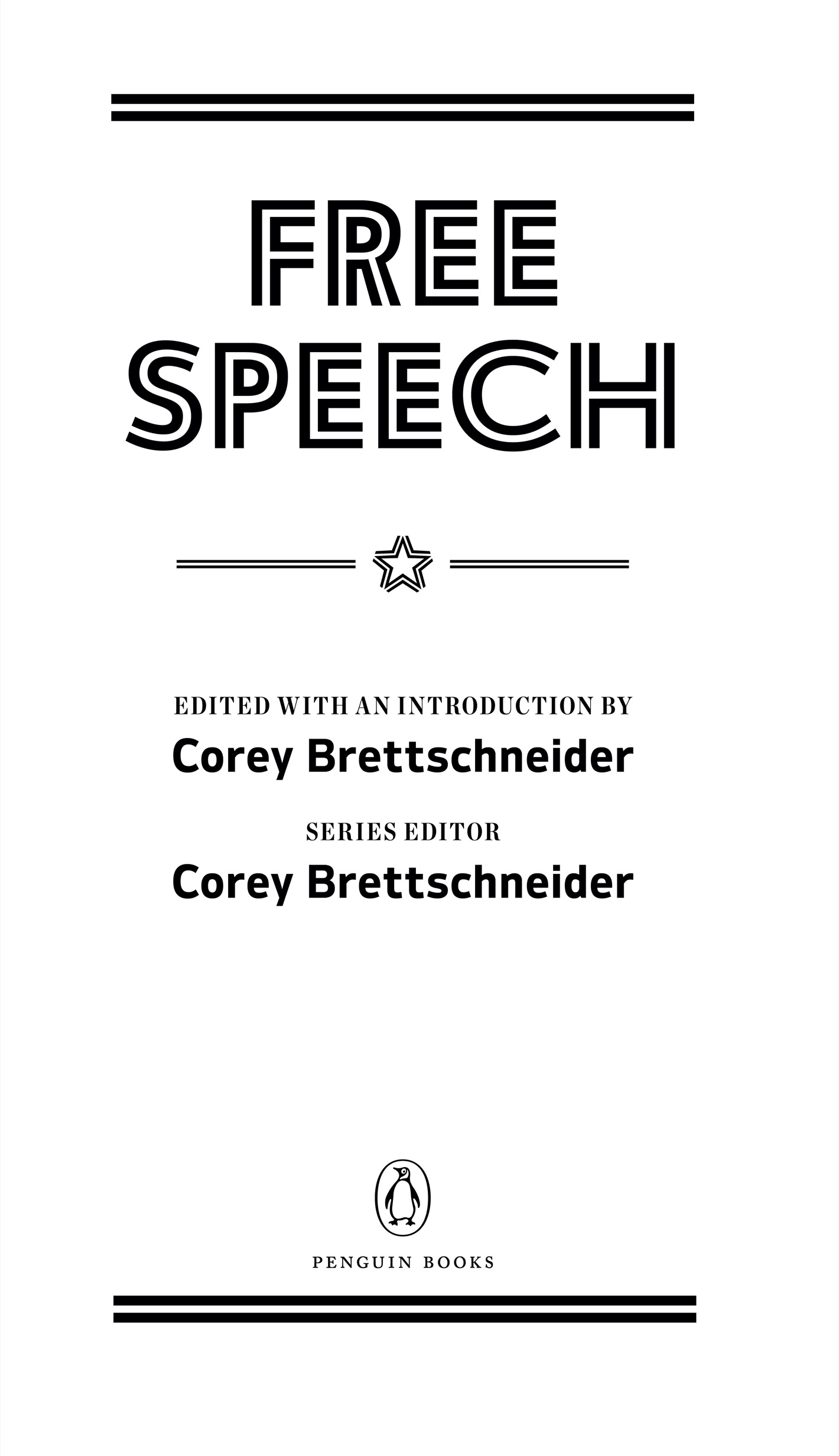Series Introduction
On November 9, 1989, the Berlin Wall fell. Two years later, in December 1991, the Soviet Union collapsed. These events, markers of the end of the Cold War, were seen by many as the final triumphant victory of democracy over authoritarianism and communism. Political scientist Francis Fukuyama famously declared the era to be the end of history, suggesting that Western-style liberalism was the ultimate form of human ideology. There was a strong consensusat least in the Westthat liberal freedoms were necessary in any society.
But since then, that consensus has been shaken. In the twenty-first century, democracies have crumbled across the globe, with authoritarian leaders grabbing power and eroding traditional rights protections. Examples abound. Mexico and the Philippines embarked on extrajudicial drug wars; Nicols Maduros regime brought a state of near-famine to Venezuela; Polands Law and Justice Party functionally turned parts of the media into its propaganda arm. In countless other countries, leaders have impinged on citizens freedom. Even the United Stateswhere liberal freedoms have often been taken for grantedhas faced powerful movements and leaders who have disputed the legitimacy of the very rights that underpin our democracy.
Yet in the United States, calls to restrict rights have always run up against a powerful adversary, one that dates back to the countrys founding: the Constitution of the United States. This Penguin Liberty series is designed to explore the Constitutions protections, illuminating how its text and values can help us as modern citizens to reflect on the meaning of liberty and understand how to defend it. With rights-based democracy under attack from all angles, it is crucial to engage in ongoing discussion about the meaning of liberty, its limits, and its role in the modern world.
Certainly, the ideal of liberty has been present in America since the dawn of the American Revolution, when Patrick Henry reportedly declared, Give me liberty, or give me death! In 1776, the Declaration of Independence proclaimed liberty an unalienable Rightalong with life and the pursuit of Happinessenshrining it as a central American aspiration.
These statements, however, are only a start in thinking about liberty. Mistakenly, they seem to suggest that liberty is absolute, never limited. But in this series, we will see that idea continually challenged. Various liberties sometimes conflict, and we must deliberate among them. Importantly, the liberty to be free from government intervention, or what the British philosopher Isaiah Berlin called negative liberty, must sometimes be balanced against our liberty as a democratic people to govern in the general interest, an idea he called positive liberty. Thus, the series will also emphasize the importance of liberty not only in terms of freedom from government intervention, but also as self-government, the freedom of all of us collectively to decide on our own destinies.
Ratified in 1788, the Constitution was an attempt to codify the high ideal of liberty as self-government. Through intense debate at the Constitutional Convention, a document was forged that limited government power and gave people a say in how they were to be governed. Its goal was to secure the Blessings of Liberty to ourselves and our Posterity. Still, many Americans were not convinced the Constitution went far enough in protecting their individual freedom from government coercionwhat Berlin would call negative liberty. Although the push for a Bill of Rights failed at the Constitutional Convention, the First Congress ratified one in 1791. These first ten amendments to the Constitution focused largely on securing individual liberties.
Just over 4,500 words long when originally passed, the U.S. Constitution is the shortest written governing charter of any major democracy. Its brevity belies its impact. Ours is the worlds longest surviving written constitution. Some scholars estimate that, at one time, as many as 160 other nations based their constitution at least in part on the U.S. Constitution. The United Nations Universal Declaration of Human Rights from 1948 overlaps significantly with provisions of our Bill of Rights. Individual freedoms that our Constitution champions inspire peoples across the globe.
Of course, the original Constitution protected liberty for only a restricted few. As written in 1787, the Constitution did not explicitly outlaw racialized chattel slavery. Almost 700,000 Black people were enslaved in the United States at the time of its founding, a fact that the Constitution did nothing to change and tacitly allowed. Article I prohibited Congress from outlawing the international slave trade until 1808, and the three-fifths clause cemented Southern white political power by having enslaved people count toward political representation without allowing them to vote.

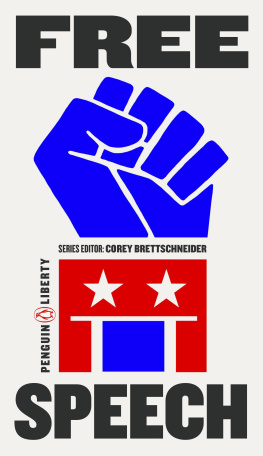
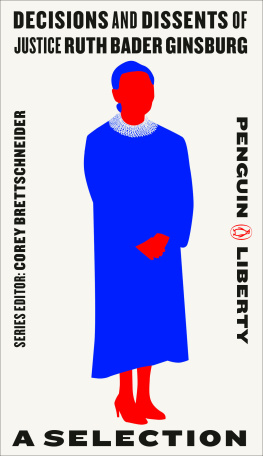
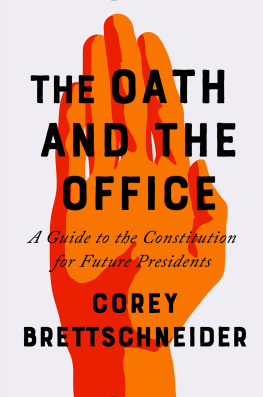
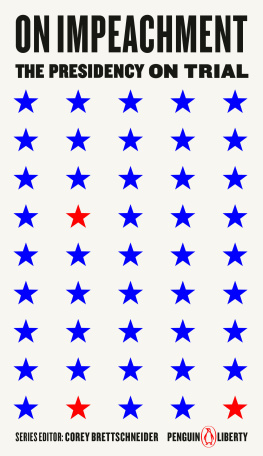
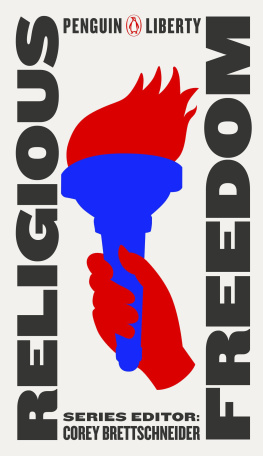

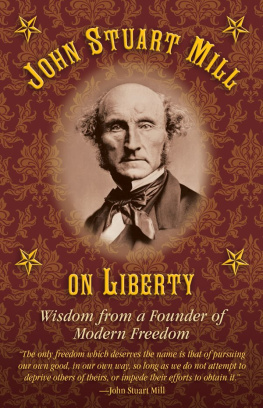
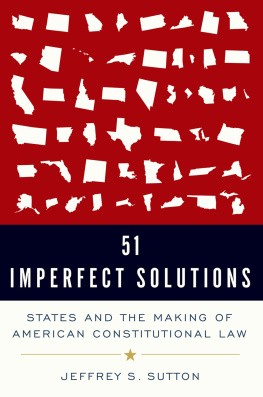

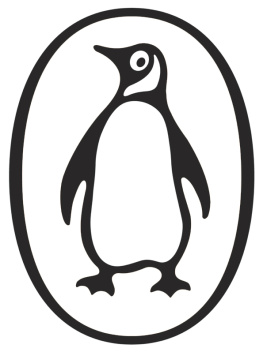
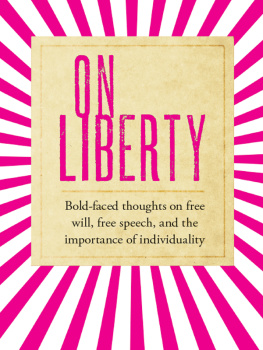
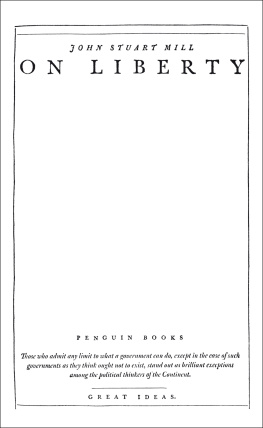

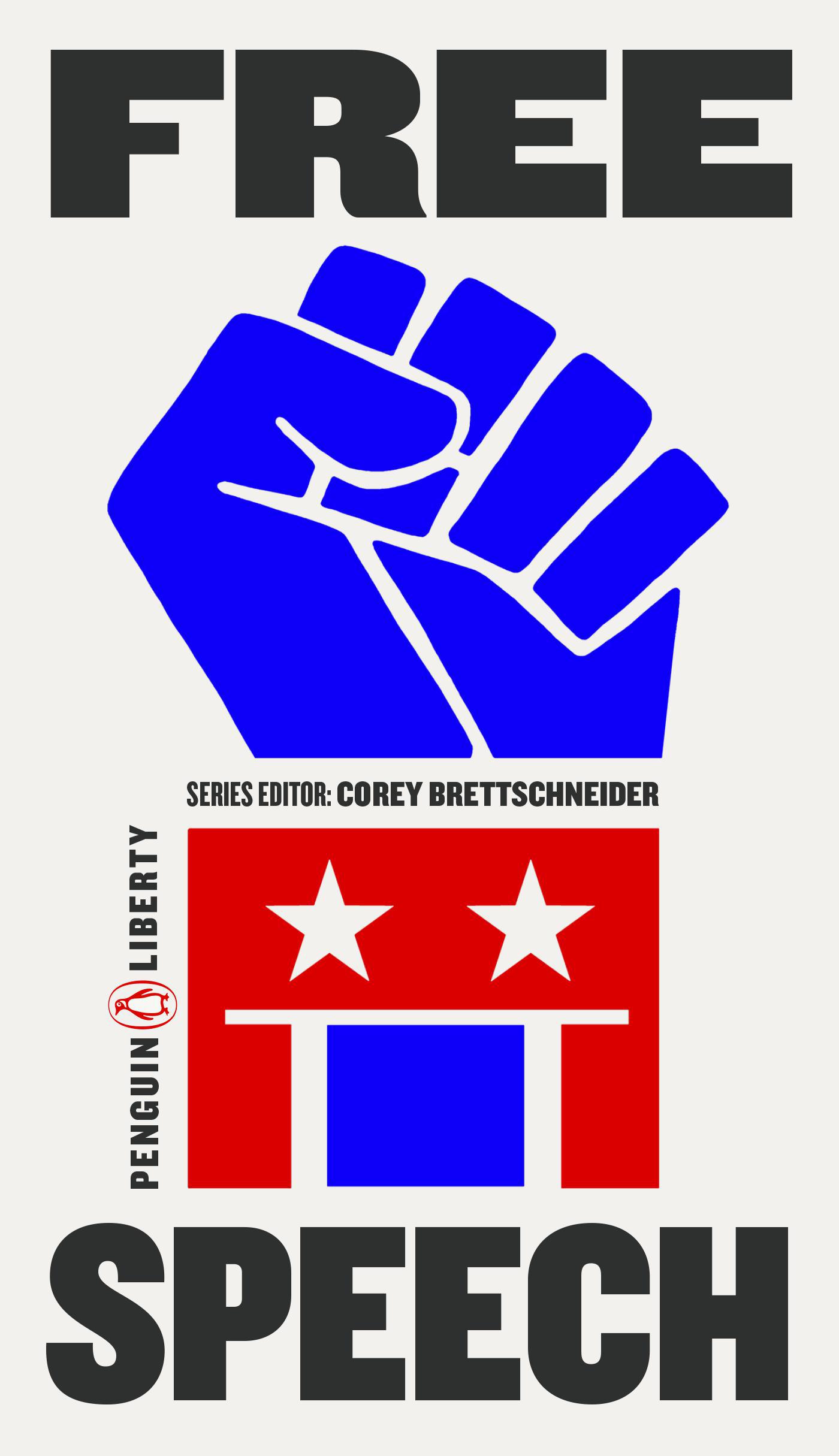
 liberty
liberty